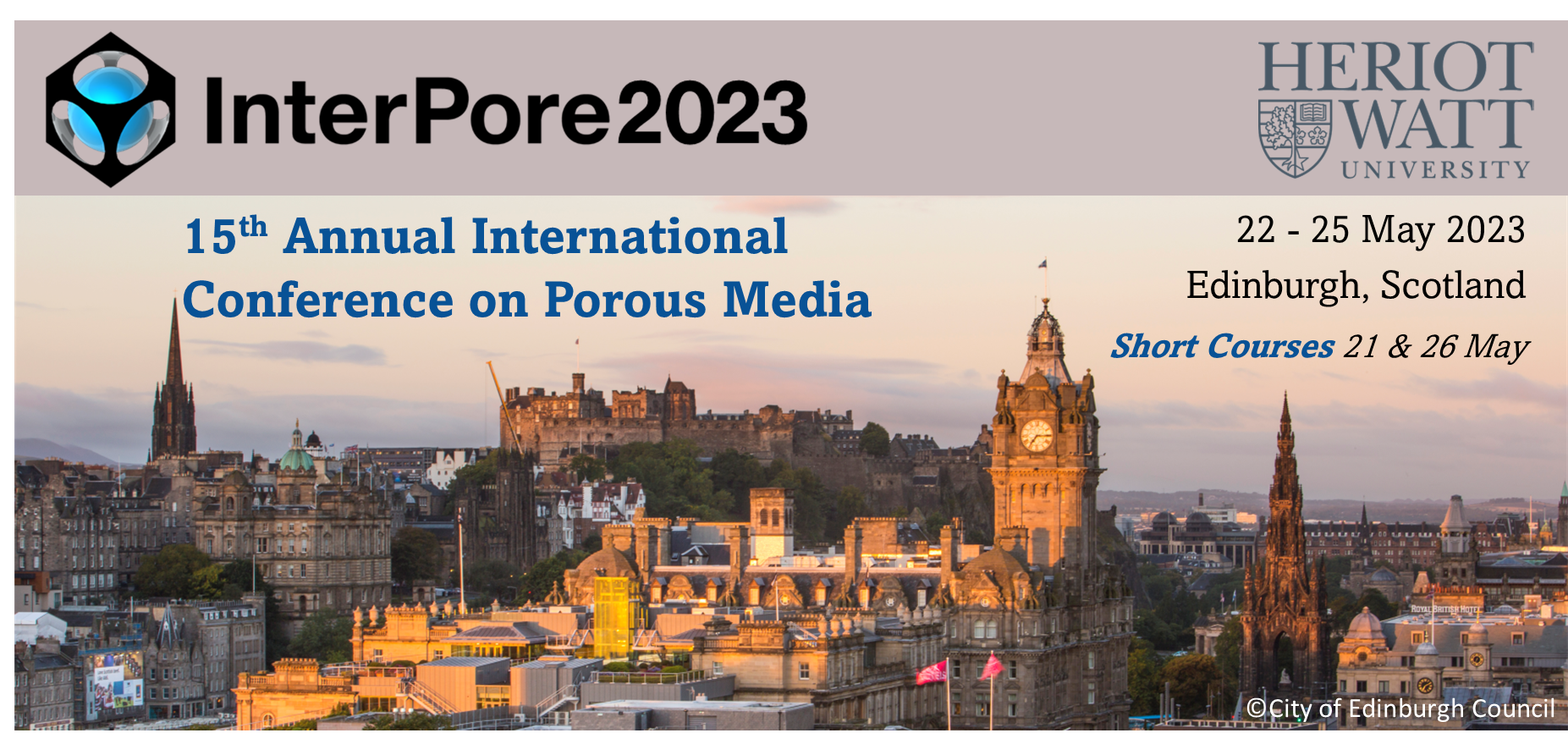Speaker
Description
Filtration is a well-researched industrial process in which solid particles are separated from a fluid by becoming trapped within the filter's internal structure. Recently, mathematical models have offered a cost-effective means to advance understanding of the filtration process and improve filtration performance. However, many models exhibit shortcomings which include large computational costs and an inability to incorporate multiple capture mechanisms. To negate these deficiencies, we explore a size-structured approach for modelling particle filtration in which size is treated as an independent variable .
In this paper, we outline the derivation of a size-structured model and analyze the system of equations for several filtration configurations. We demonstrate the distinct filtration behaviours induced by the various capture mechanisms and, for certain cases, exploit the size of material parameters by using asymptotic analysis to find analytic solutions. Furthermore, we illustrate the model's predictive potential to maximize particle retention given an efficiency constraint. Finally, we explore how the model's dimensionless parameters influence the degree to which it fits with experimental data.
| Participation | In-Person |
|---|---|
| Country | United Kingdom |
| MDPI Energies Student Poster Award | Yes, I would like to submit this presentation into the student poster award. |
| Acceptance of the Terms & Conditions | Click here to agree |







